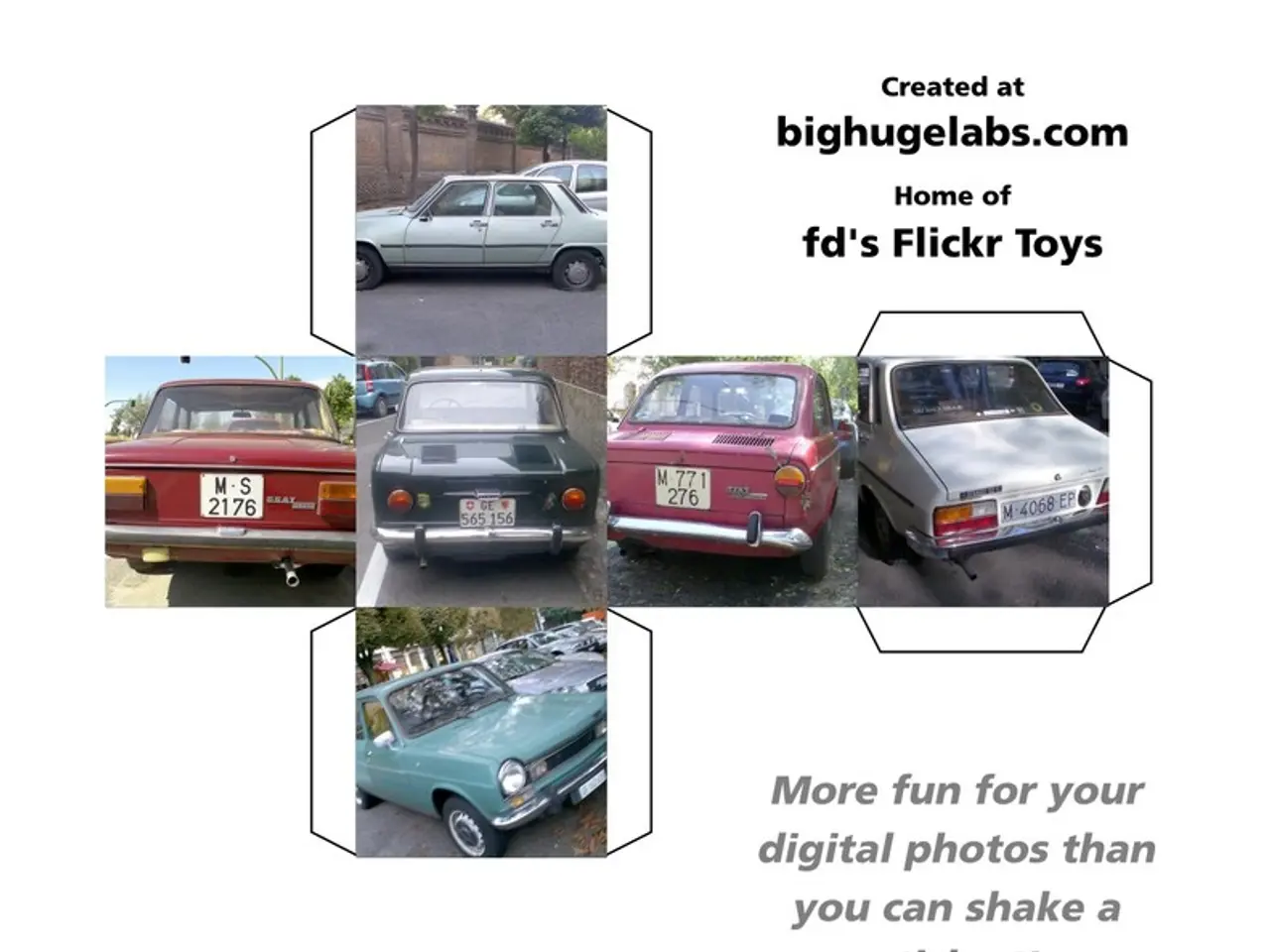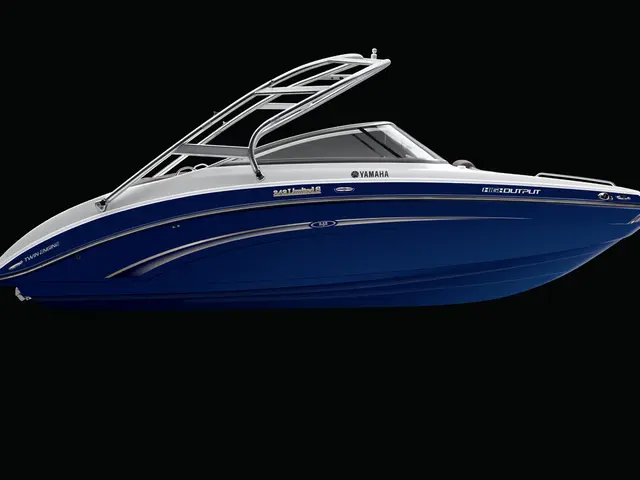Web service Autovista24 employs cookies to enhance user's experience
The Netherlands has shown a strong commitment to electric vehicles (EVs) in the early months of 2025, with BEVs accounting for over a third of all new-car sales in January. This shift towards electric mobility is driven by a combination of factors, including government subsidies and tax incentives, and the increasing popularity of EVs among Dutch consumers.
Top-Selling EVs in the Netherlands
The Kia EV3 emerged as the best-selling car in the Dutch market in January 2025, with 1,760 registrations and a 3.5% market share. The success of the Kia EV3 can be attributed to its affordability, advanced features, and favourable EU tariff changes that benefit non-Chinese brands.
The Skoda Elroq, priced at £31,500+, also saw dramatic growth, jumping by 239 ranks into 6th place in sales rankings. The Elroq was even named Auto Express Car of the Year 2025 for its family-friendly design and fast charging capability, making it highly appealing to Dutch buyers.
Despite a 57.7% drop in deliveries, the Tesla Model Y still held onto the 4th spot in sales, with 483 units and a 4.3% market share. The Model Y's market share was overshadowed by the Model 3, which had 432 units, a 5.7% drop, but still claimed a 3.8% market share.
Other notable EVs in the top segment include the Kia Niro (5th place) and the Volvo EX30, which registered around 476 new registrations in February 2025, placing it among the best-selling models that month.
Shift in Tax and Subsidy Incentives
The demand for BEVs in the Netherlands has been driven by the business sector, and the shift in tax and subsidy incentives in the Netherlands and the EU seem to favour more affordable, EU-produced or non-Chinese models. This has boosted brands like Kia and Skoda, while Tesla remains competitive due to its brand strength and product appeal, but faces stronger relative pressure.
Starting from 2025, the private motor vehicle tax in the Netherlands, Belasting van Personenauto's en Motorrijwielen (BPM), will charge all-electric cars €667. However, subsidies and tax incentives will play a central role in the development of the Dutch EV market in 2025. The discount rate for electric cars on the country's motor vehicle tax (MRB) will drop from 75% to 25% between 2026 and 2029.
Looking Forward
The Dutch government expects BEV adoption to continue to grow in 2025 and 2026. With the changing incentive landscape, the Kia EV3 and Skoda Elroq appear especially well-positioned for strong sales in 2025. Tesla models also maintain a significant presence in the market, but may face increased competition.
Sources:
- Electrive
- Auto Express
- Car and Driver
- Reuters
- The rise in popularity of electric-vehicles (EVs) in the Netherlands, such as the Kia EV3 and Skoda Elroq, can be attributed to a combination of factors including government subsidies and tax incentives, as well as the increasing appeal of EVs among Dutch consumers.
- The shifting tax and subsidy incentives in the Netherlands and the EU seem to favor more affordable, EU-produced or non-Chinese electric vehicles (EVs), which has boosted brands like Kia and Skoda, potentially impacting the market share of established brands like Tesla.




